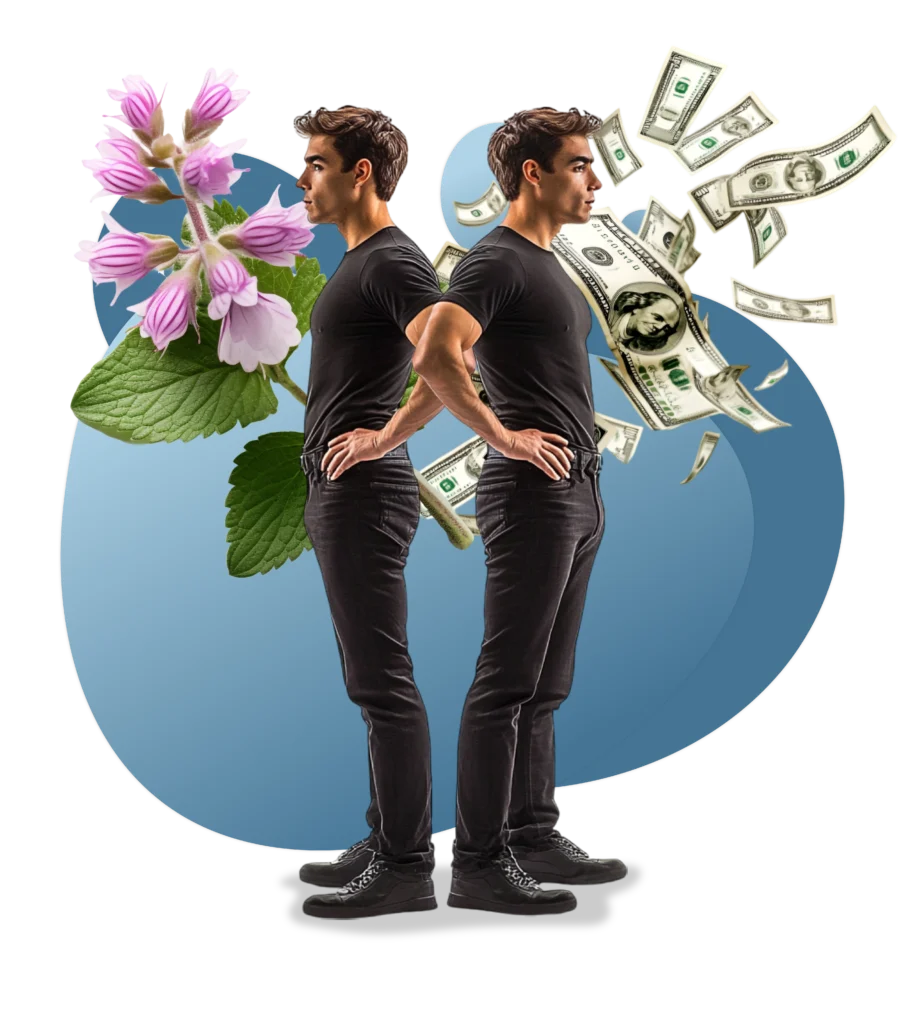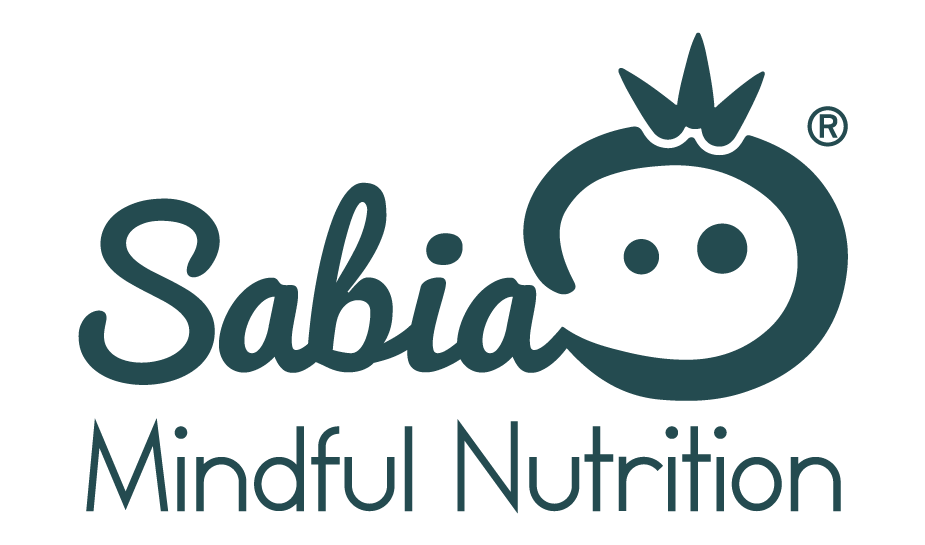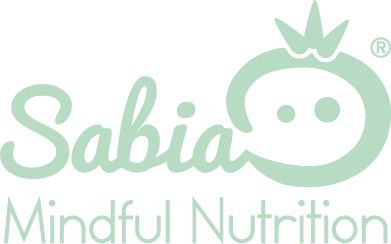- Promoting education and awareness: Encouraging education and awareness about the importance of sustainability, environmental conservation, and social justice.
- Inspiring collective action: Motivating individuals and communities to take collective action to address global challenges and protect the planet.
- Guarding against misinformation: Learning about the tactics and methods used to spread misinformation. Misinformation can sometimes be challenging to detect, but we can reduce the risk of being misled by being aware of its existence.
- Strengthening critical thinking: It is essential to question everything, seek evidence, and analyze arguments objectively. This means considering multiple perspectives and avoiding biases and prejudices. Keeping an open mind, being willing to change opinions based on new information, and learning from mistakes help make informed decisions and develop a deeper understanding of reality.
- Leveraging artificial intelligence (AI): Today, AI is a tool for asking questions and researching topics. AI provides knowledge by gathering vast amounts of data and summarizing information with high objectivity.


Helping each other!
The Sabia Ethics is based on 5 pillars:
- The body is mind, and the mind is body.
- The challenge is to elevate consciousness.
- Solve the Great Paradox.
- We connect with universal principles and values.
- Be citizens of the world.
1. The body is mind, and the mind is body.
The idea that the mind and body are separate entities is known as Cartesian dualism, dating back to philosopher René Descartes. However, this perspective has been challenged by numerous discoveries showing that the mind and body are deeply interconnected. As a result, this separation is increasingly questioned by science, medicine, and by SABIA NUTRITION.
The strong interconnection between the body and the brain forms the mind. They are part of the same system, constantly influencing each other. Emotions, thoughts, and experiences have a direct impact on both the body and the brain.
For example, the gut and the brain are connected through the enteric nervous system, which can influence our mood, memory, and decision-making abilities.

When we experience stress, our body releases hormones such as cortisol and adrenaline, which simultaneously affect both mind and body, often manifesting physically as headaches, fatigue, or gastrointestinal issues. Likewise, physical pain can have emotional consequences such as anxiety or depression.
It has been proven that the mind can influence the immune system and that chronic stress can weaken our immune defenses. Similarly, a balanced, healthy diet can have a positive impact on mental and emotional well-being. In this sense, words can also serve as nourishment for the body and mind, as they allow us to express ourselves, communicate, and share our knowledge and emotions.
Well-chosen words can motivate, inspire, and create positive change within ourselves and others. It is important to pay attention to what we say and how we say it, as words hold great power and can affect both our emotional well-being and mental health. This is why it is essential to use them consciously and responsibly, selecting words that nurture and help us grow.
Additionally, we are always capable of transformation, as our brain’s neuroplasticity allows it to reorganize and adapt in response to new experiences and learning. This highlights the importance of caring for both the body and the mind to achieve an optimal state of well-being.

2. The challenge is to elevate consciousness.
The challenge of elevating planetary consciousness refers to each person’s ability to understand and appreciate their interconnectedness with all living beings and the Earth’s ecosystems.
Elevating planetary consciousness involves:
- Recognizing interconnection: Understanding that all living beings and ecosystems are interconnected and that our actions have an impact on the planet.
- Developing a global perspective: Considering global challenges such as climate change, biodiversity loss, and social inequality.
- Fostering empathy and compassion: Cultivating greater empathy and compassion for all living beings and ecosystems.
3. Solve the Great Paradox.
The Contradiction of the Economic System and the Idea of Humanity
The economic system is based on the consumption of goods and services. This has led to the deterioration of natural ecosystems and has caused imbalances in the atmosphere. However, if economies stop growing due to reduced consumption, the very system that sustains civilization collapses. On the other hand, if we continue depleting natural resources and dumping waste of all kinds onto our living planet, the human civilization project will ultimately fail.
The mindset of the system promotes the pursuit of wealth. We have become accustomed to behaviors such as the thirst for power, the drive for social advancement, competition, hedonism, the obsession with economic success, and its inevitable consequence—the relentless consumption of goods.

People want to spend money in many ways and always have a wish list in mind—one that has been programmed by the consumption habits of their neighbors and marketing strategies.
The system pressures individuals to conform to certain patterns deemed convenient and successful, leading to various forms of psychological distress: constant comparison with others, the need for recognition, and the frustration of feeling unfulfilled if they don’t “make it” or “become someone.”
The contradiction of the system has created a neurotic civilization. Basic survival needs are no longer enough—everyone wants more. This has led to uncertainty, fear, anxiety, and desperation.
In summary, the Great Paradox of the economic system is the contradiction between the anxiety and mental stress that affect most people and the ambiguity of wealth accumulation, alongside rising social inequality and environmental destruction.
Expanding consciousness has implications for both physical and mental well-being, which in turn influence collective awareness. Understanding the world we live in—especially the Great Paradox in which civilization finds itself—is crucial. Our social system depends on consumption to generate income, which sustains individuals, families, institutions, governments, and entire countries. Yet, at the same time, the way this consumption operates is depleting natural resources and pushing the planet into an existential crisis.
Can we find balance between these two opposing forces?
Meta AI suggests that solving the economic system’s Great Paradox requires a comprehensive approach that integrates circular economy, social economy, green economy, taxation and fiscal policies, education and awareness, and collaboration and cooperation.
Perhaps, with this understanding, a new human being emerges—one who recognizes the urgency of transforming our mindset and elevating our level of consciousness to act with wisdom.

4. We connect with universal principles and values.
Global Ethics
Beyond any ideology or social custom, doing good is human beings’ ultimate purpose. Ethics, as outlined in the United Nations Charter and the Universal Declaration of Human Rights, guide the analysis and actions of individuals, communities, and nations.
Through consensus, countries have defined the values, principles, and criteria of the Supreme Good. They have managed to unify diverse cultural contexts, including the ideals of major and lesser-known religions, the principles of left—and right-wing governments, and the constitutions, laws, and regulations of different nations.
Additionally, the Sustainable Development Goals (SDGs) were established and unanimously adopted by all 193 United Nations Member States on September 25, 2015, during the Sustainable Development Summit in New York. These consist of 17 interconnected goals with 169 specific targets and 232 indicators to measure progress, all set to be achieved by 2030.
For SABIA, these goals guide everything society needs to become more just and sustainable and develop a well-being civilization.
5. Be citizens of the world.
The United States is the most efficient organization of people in the world, and we are part of the union of nations. As conscious Americans, we recognize our ability to help the world. With a strong economy, great innovative capacity, and a long tradition of global leadership, we have the potential to drive positive transformation and represent ethical leadership.
Beyond having a passport full of stamps, streaming content, and engaging on social media, being a global citizen is a way of life. It means expanding our perspective to embrace the unity of our planet. A global citizen respects diversity, transcends differences, and is sensitive to the realities of other people, communities, and nature.

A global citizen acts with responsibility, justice, integrity, transparency, honesty, and a spirit of collaboration. They are aware and hope to see the alliance of nations reaffirmed so that wars disappear, differences are resolved in international courts or at the United Nations Assembly, and global governance can intervene when governments violate human rights. They envision a world where no one lives in indignity, where hunger and poverty are eradicated, where the damage inflicted on planet Earth due to resource overexploitation is reversed, and where funds wasted on weapons are redirected toward education to elevate human consciousness. They support the development of clean technologies, the discovery of cures and better treatments for diseases, and the allocation of resources to social programs for the most disadvantaged—even funding a universal basic income.
When we are at peace with our own lives, we can become doers—actively upholding the universal principles set forth in the Universal Declaration of Human Rights and taking concrete steps toward achieving the Sustainable Development Goals, ultimately participating in the PACT FOR THE FUTURE.
There are many ways to be part of the solution: adopting healthy and sustainable habits, leading by example within our families and communities, participating in social movements, engaging in peaceful activism, supporting NGOs, volunteering, promoting ethical democracy and civic engagement without hate speech or violence, and addressing the challenges of misinformation. A global citizen fosters awareness by encouraging empathy, compassion, and solidarity with those less fortunate.
However, one cannot be a global citizen without first being a good family member, an active and responsible citizen within their own community and country. Being a global citizen is both a privilege and a responsibility. Thinking globally and acting locally requires knowledge and education. A true global citizen is an engaged member of their birthplace or adopted home, understanding that their actions have ripple effects on the planet and civilization. They act with prudence and commit to building a more just, equitable, and sustainable world based on the ethical principles established by the United Nations.
To stop being a passive observer who judges without sufficient knowledge is to elevate consciousness.
Life is Sabia!

